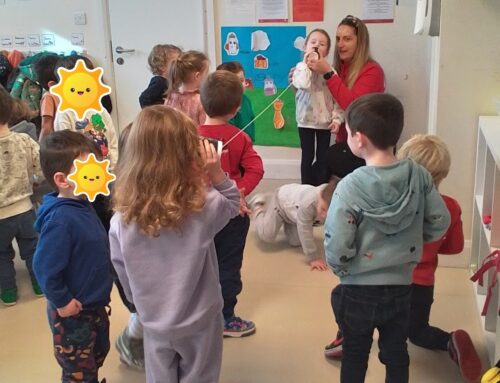The Reggio Emilia approach is an educational philosophy focused on preschool and primary education. It was developed after World War II by a psychologist Loris Malaguzzi, and parents in the villages around Reggio Emilia in Italy. Following the war, people believed that children were in need of a new way of learning. The assumption of Malaguzzi and the parents was that people form their own personality during early years of development and that children are endowed with “a hundred languages” through which they can express their ideas. The aim of this approach is teaching how to use these symbolic languages (eg., painting, sculpting, drama) in everyday life. The program is based on the principles of respect, responsibility, and community through exploration and discovery in a supportive and enriching environment based on the interests of the children through a self-guided curriculum.

The Reggio Emilia Philosophy is based upon the following set of principles:
•Children must have some control over the direction of their learning;
•Children must be able to learn through experiences of touching, moving, listening, and observing;
•Children have a relationship with other children and with material items in the world that children must be allowed to explore;
•Children must have endless ways and opportunities to express themselves.

The environment: The importance of the environment lies in the belief that children can best create meaning and make sense of their world through environments which support “complex, varied, sustained, and changing relationships between people, the world of experience, ideas and the many ways of expressing ideas

Reggio Emilia’s approach to early education reflects a theoretical kinship with John Dewey, Jean Piaget, Vygotsky and Jerome Bruner, among others. Much of what occurs in the class reflects a constructivist approach to early education. Reggio Emilia’s approach does challenge some conceptions of teacher competence and developmentally appropriate practice. For example, teachers in Reggio Emilia assert the importance of being confused as a contributor to learning; thus a major teaching strategy is purposely to allow mistakes to happen, or to begin a project with no clear sense of where it might end.






